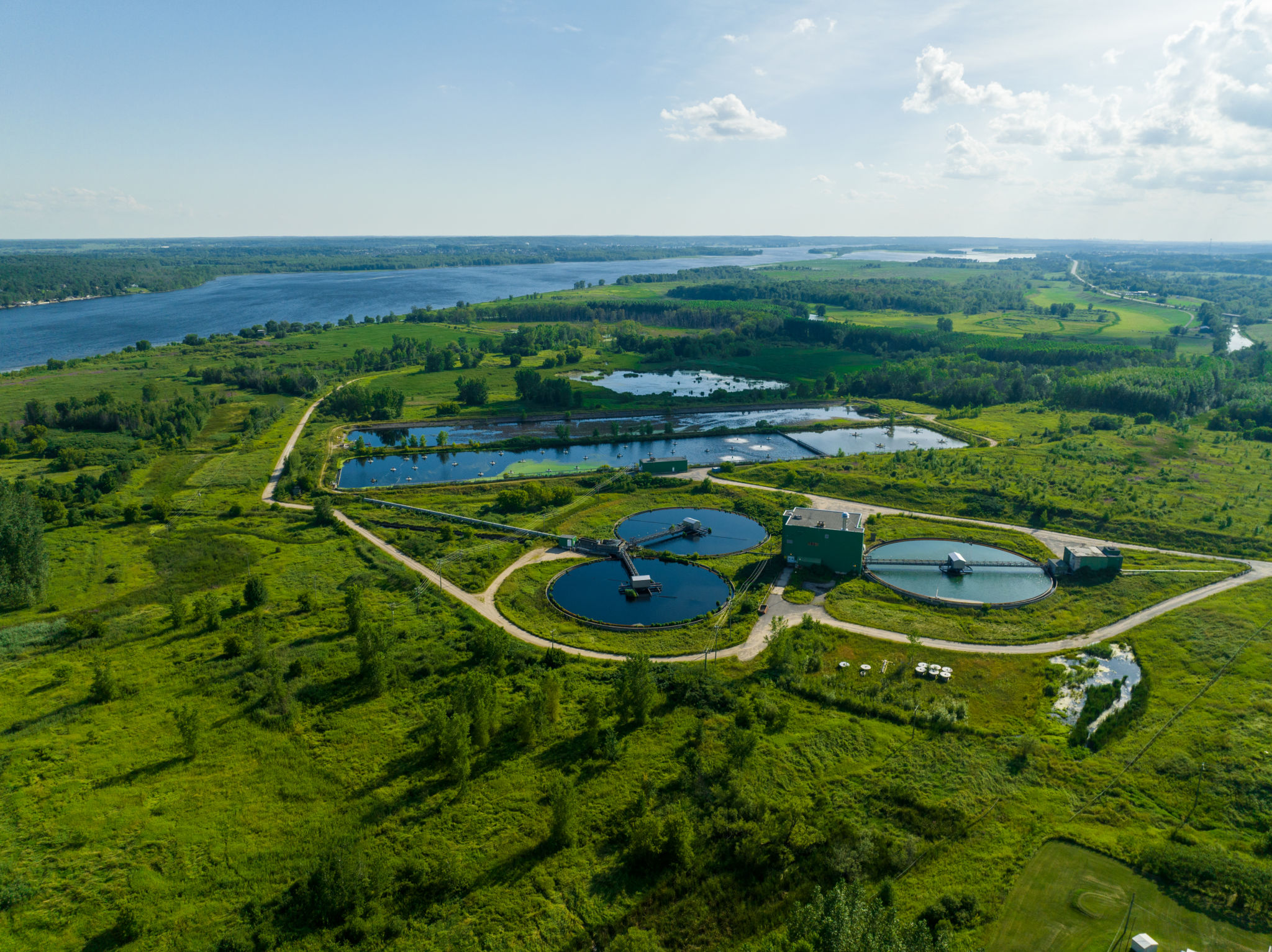Top 5 Myths About Wastewater Treatment Technologies Debunked
Myth 1: Wastewater Treatment Is Too Expensive
One of the most common myths surrounding wastewater treatment technologies is that they are prohibitively expensive. While it's true that initial setup costs can be significant, the long-term savings and environmental benefits often outweigh these expenses. Modern technologies have become more cost-effective due to advancements in efficiency and scalability.
Additionally, many governments offer incentives and subsidies to offset the costs of implementing wastewater treatment systems. Investing in these technologies can lead to reduced water bills, lower environmental impact, and compliance with regulatory standards.

Myth 2: Wastewater Treatment Is Only for Industrial Use
Another widespread misconception is that wastewater treatment technologies are solely for industrial applications. In reality, these systems are essential for a range of uses, including municipal and residential purposes. Technologies such as septic systems and small-scale treatment plants are specifically designed for non-industrial applications.
These systems play a crucial role in ensuring that communities have access to clean water and help in reducing pollution in local waterways. As urban areas continue to expand, the need for effective residential wastewater treatment becomes even more important.
Myth 3: All Wastewater Treatment Methods Are the Same
It's a common myth that all wastewater treatment methods are essentially identical. However, there is a wide variety of technologies available, each suited to different types of waste and environmental conditions. For example, biological treatment methods utilize microorganisms to break down organic matter, whereas chemical treatments focus on neutralizing harmful substances through chemical reactions.

Choosing the right method depends on several factors, including the nature of the wastewater, local environmental regulations, and specific treatment goals. Understanding these differences is crucial for selecting the best solution for a given scenario.
Myth 4: Wastewater Treatment Harms the Environment
Some people believe that wastewater treatment processes can be harmful to the environment. In truth, these technologies are designed to minimize environmental impact by removing pollutants and contaminants from water before it is released back into nature. Properly managed systems can significantly reduce the presence of harmful substances in local ecosystems.
Furthermore, many modern systems incorporate energy-efficient processes and renewable energy sources to further reduce their environmental footprint. By improving water quality and conserving resources, wastewater treatment plays a vital role in environmental protection.
Myth 5: Wastewater Treatment Technologies Are Difficult to Maintain
There is a perception that wastewater treatment systems are complicated and require constant maintenance. While regular maintenance is necessary for optimal performance, advances in technology have made these systems easier to manage. Automated monitoring systems and remote management tools allow for efficient operation with minimal manual intervention.

With proper training and regular inspections, many facilities can operate their wastewater treatment systems smoothly and effectively. This ensures not only regulatory compliance but also the long-term sustainability of water resources.
In conclusion, wastewater treatment technologies have evolved significantly, debunking many myths that surround them. As awareness grows about their benefits and capabilities, these systems will continue to play a critical role in promoting environmental sustainability and public health.
